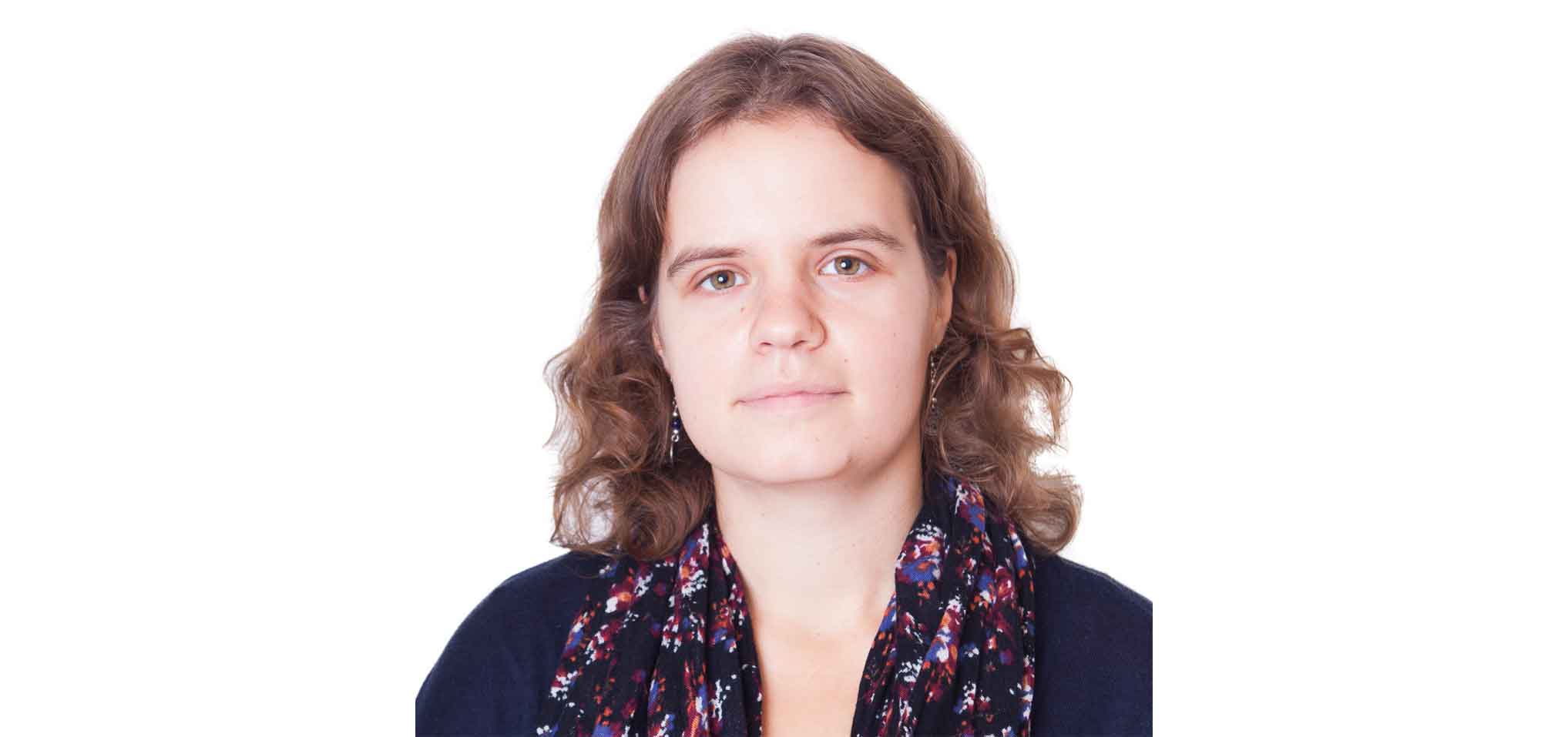Paula Dubbink has been a more-or-less-vegetarian for most of her adult life. As being a vegetarian and vegan is getting more or more mainstream among some, she realises that still much is left to do.
When I was eighteen years old and moved out to go to college, I became a vegetarian. Coming from a family of notorious flexitarians, I felt it was a small step. The dining hall at college only had one vegetarian option, so it saved me ten seconds of decision time every night. It was practical – and I never loved steak anyways.
In the past decade as a vegetarian-with-very-lenient-rules, I have seen my two home countries become even better in catering to the needs of non-meat-eaters: just look at the shelves filled with oat-yoghurt and meat-free hamburgers!
I have many friends who are vegetarians and many others that try to avoid meat when they can. Hardly anyone frowns when I announce my dietary restrictions and eating in a restaurant poses few challenges.
And that is great.
At the same time, it seems that there sadly is much left to do. The issue of excessive meat consumption is still way too much a private one. Politicians generally don’t want to take it up – obviously, who’ dare to say something negative about the Swedish meatball?
Personally I would neither start a discussion with anyone else than a good friend: I don’t want to be known as the irritating preacher spoiling your party by addressing how the chicken nuggets on your plate have come into existence, feeling morally superior.
It’s obvious why the issue remains sensitive. Food is so much more than nourishment nowadays. It’s part of one’s lifestyle. By choosing to (not) eat something we define who we are. And in a world where some people Instagram every green fruit shake they take in, no one wants to be told: “stop eating an entire falukorv every day.”
I understand, but unfortunately meat eating, because of its negative impact on the environment, no longer is nor should be just a private choice. If it is alright to talk about taking shorter showers or not flying to Stockholm, we can and should also mention the thousands of litres of water involved in producing just a kilo of minced beef.
We should talk about how meat products in general are at the top of the list of “products with the highest environmental impact”. And we should also talk about how meat, once a luxury product or at least something special, for many still seems to be an unmissable element of both lunch and dinner, even if there are no indications that our bodies need such an amount of proteins.
As such I applaud the existence of a “meat free Monday” or – good initiative – but a real change of mind about meat is obviously needed. Not because we should necessarily feel compassion with “those poor animals” – that’s another story – but because it’s about the future of our planet.
And a big part of the solution might simply be on our plate.






